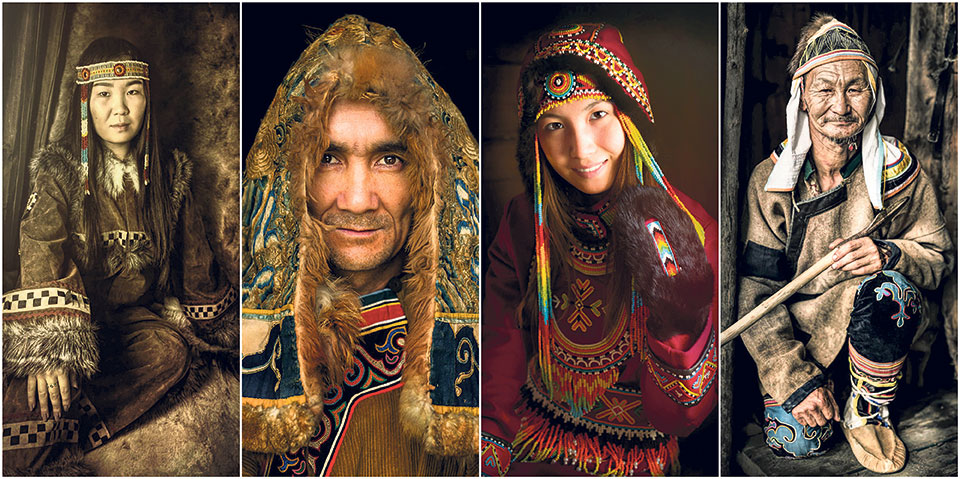
The knowledge system possessed by various communities across the globe, which has been used and passed down through several generations, is termed as indigenous or traditional knowledge. This knowledge is generally embedded in the cultural tradition of any religion, indigenous or local communities.
It includes the types of knowledge about traditional ways of using various technologies like tools and techniques of hunting, agriculture, medicine, ecological knowledge, etc. It is also the creative thinking and experimental knowledge constantly incorporating different influences to meet new conditions. The general misconception about the indigenous knowledge is to treat it as old-fashioned, backward, static or unchanging.
According to Darwinism, the knowledge evolves through the general method of trails and elimination of errors. Indigenous knowledge system is also based on the similar observation and practices within the community. This knowledge system follows the same pathway as science and therefore can be regarded as an integral part of the existing body of knowledge.
Why is the indigenous knowledge system important?
Indigenous knowledge system plays a profound role in the society. It casts and interprets their very existence and provides the foundation for their beliefs and traditional practices. Also, it acts as the basis of problem-solving strategies within the local communities.
Understanding indigenous knowledge can increase responsiveness. Whereas, sharing it within or across communities can promote, and enhance cross-culture understanding and boost the cultural dimension of development.
Indigenous knowledge can provide a powerful basis to decide the alternative ways of managing resources. It also has a great advantage over introduced forms, by relying on locally available skill and materials. The locals are familiar with the technologies and do not need specialized training.
Also, another important aspect of indigenous knowledge system is the medico-ethnobiology. It is the study or comparison of traditional medicinal practices of various ethnic groups. It refers to a wide range of health care system flourished from indigenous cultural development.
Publicity and preservation of indigenous knowledge.
The enormous volumes of indigenous knowledge exist but, are enveloped in tribal communities and remain unexplored by other communities. In the name of modern science and technology, the indigenous knowledge is being encroached and fading at an alarming rate. Therefore, there is an urgent need for its documentation and preservation of the knowledge.
The techniques and systems of indigenous knowledge of different communities must be preserved and documented for the future references. The knowledge is distinctive and belongs to people from the specific area with common cultural and social chain. It reflects how such forms of knowledge deals with local problems and solutions that are context specific. An attentive union of indigenous knowledge with the modern science and technology would be most assuring and precisely used for the beneficial aspect.


Leave A Comment